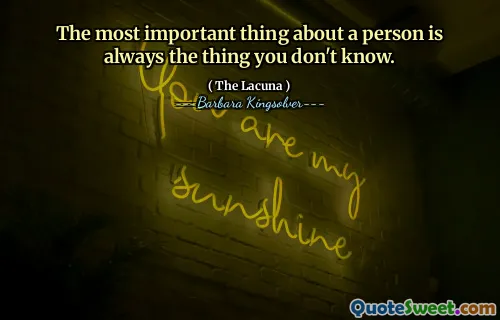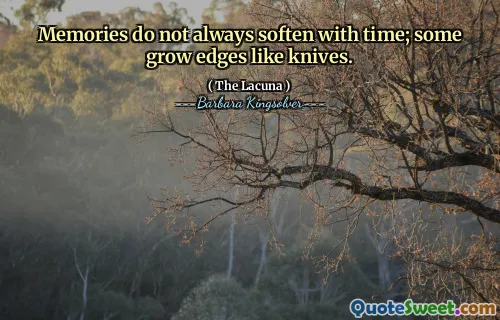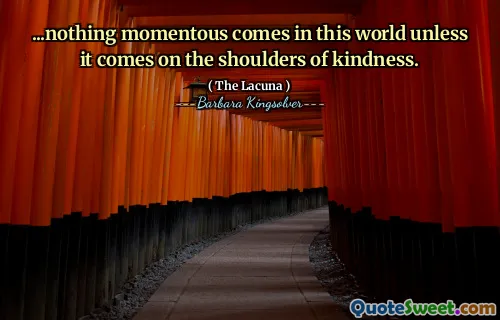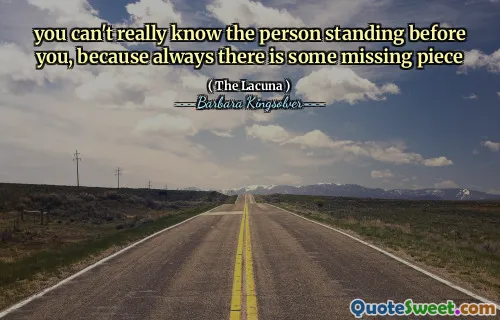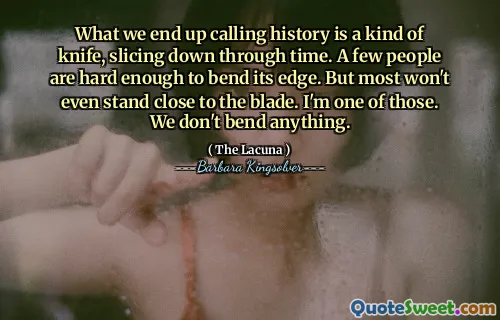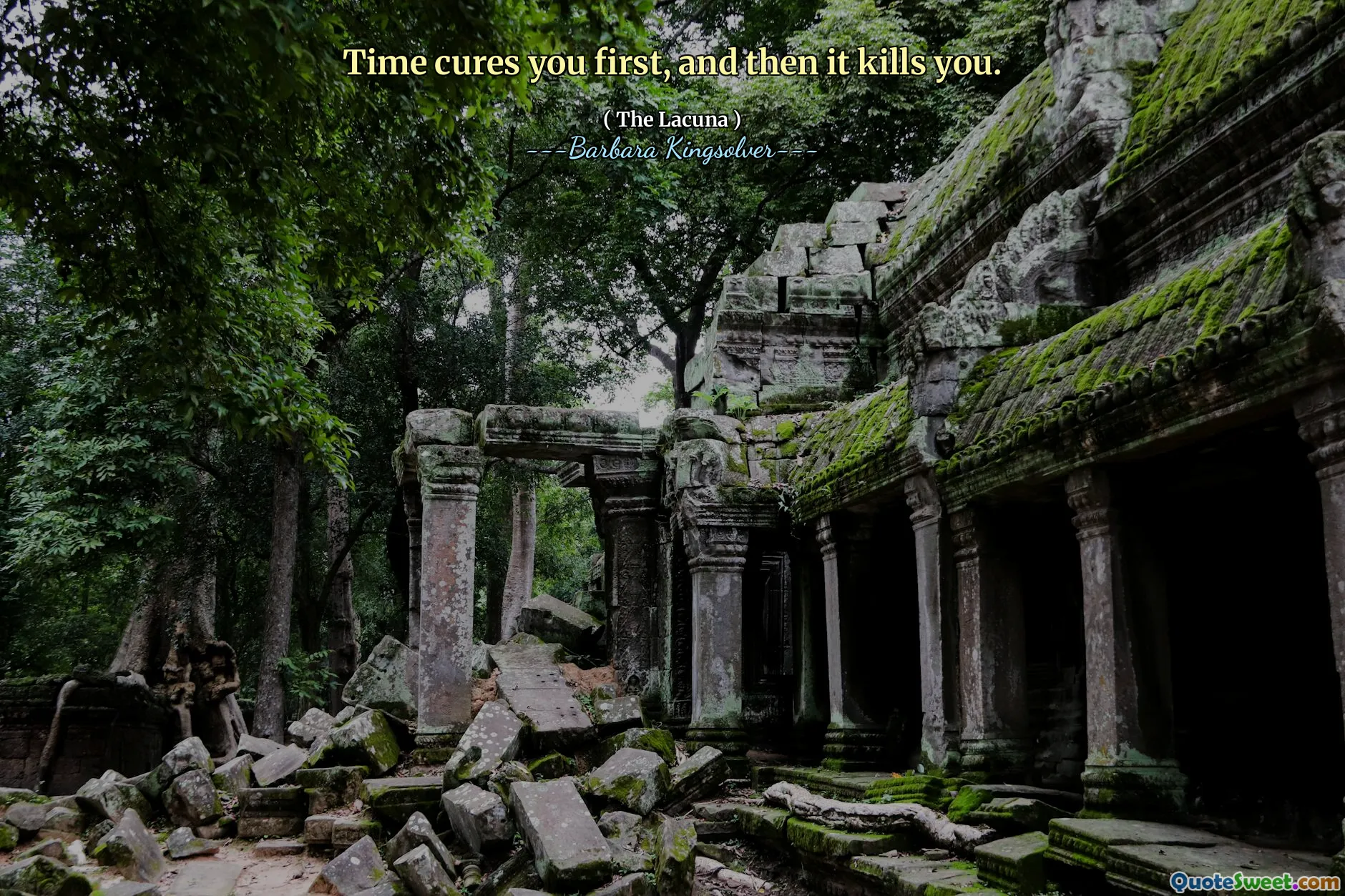
Time cures you first, and then it kills you.
This quote encapsulates the paradoxical nature of time and its dual role in human existence. On one hand, time has the healing power to mend emotional wounds, ease suffering, and provide clarity. This soothing aspect of time offers hope and the possibility of renewal, giving us the space to process pain and grow stronger. However, the reverse side reveals that prolonged exposure to life's hardships or sorrow can erode our vitality and hope, eventually leading to emotional numbness or physical decline. It suggests that while time initially provides relief, it also gradually strips away our vitality, leaving behind a more subdued or even hollow version of ourselves.
Reflecting on this, I am struck by the understanding that healing is not always straightforward or permanent. Sometimes, time can be an indifferent or even cruel healer, masking our wounds only for them to resurface later in a different form. The phrase makes me think about past experiences where moments of peace were temporary, and unaddressed pain lingered beneath the surface, eventually manifesting in unexpected ways. It also makes me consider the importance of actively addressing our psychological and emotional issues rather than passively relying on time to resolve them.
In literature and life, we observe characters and people who seem to be cured by time but are ultimately marked by its toll. The quote prompts a reflection on the transient nature of comfort and the somber reality that healing does not always mean the complete eradication of pain. Instead, it can be a process of acceptance and adaptation, knowing that the passage of time can soothe as well as diminish the essence of our being. Embracing this complex relationship with time might help us make better choices in how we cope with wounds and aging, understanding that the healing process can be both a gift and a silent harbinger of mortality.
Book: (The Lacuna) - Author: ---Barbara Kingsolver---
